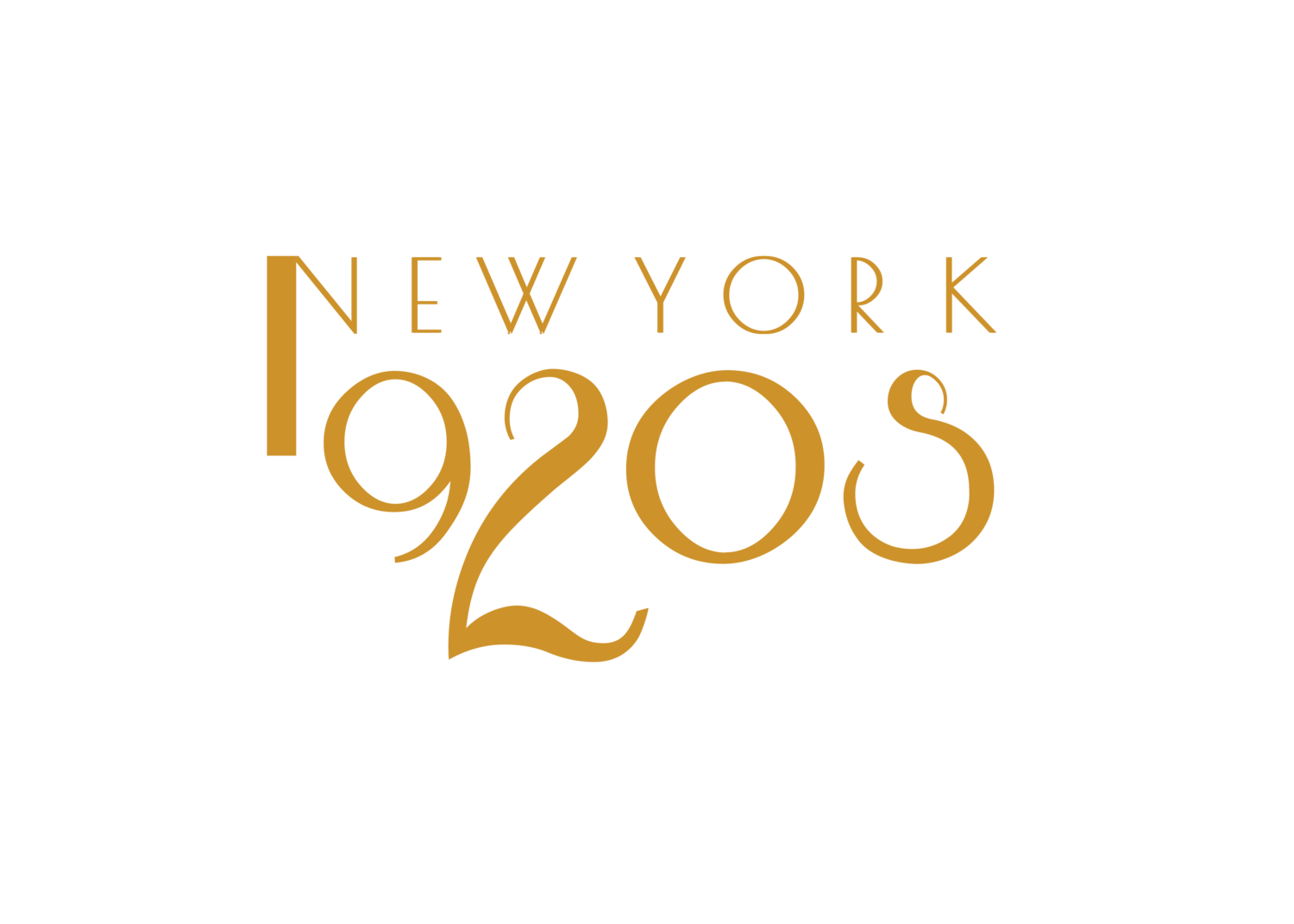Further E.K. Means: Minstrelsy in Fiction
One hundred years ago today … the Tribune ran its review of Further E.K. Means, the newest book of stories about Black characters by white author E.K. Means.
The reviewer praises Means, saying his latest volume, like his previous two, has “skillfully exploited the humorous aspect of the life of the Louisiana negro.” Means “knows the life of the people whom he describes … he is a master of negro dialect.”
New York Tribune, 20 February, 1921, VII.9. Chronicling America.
The review contrasts with one from the Eagle about a week earlier, which begins: “There are, among the better writers of today, three who can write negro stories with humor and understanding, and E.K. Means is not one of them” (“The ‘Unhumorous’ Negro,” Brooklyn Daily Eagle, 12 February 1921, p. 11).
Questionable humor aside, the writings of Eldred Kurtz Means, popular then, are ignored today because of their racist stereotyping which contributed to white supremacist thinking in the early 1920s. Gene Andrew Jarrett summarized the problem, writing, “Means's short stories … sought to amuse readers within the grotesque and comic traditions of blackface minstrelsy” (77).
Frontispice by E.W. Kemble. Means, E. K. Further E.K. Means. G.P. Putnam's Sons, 1921.
Further E.K. Means was published by G.P. Putnam’s Son’s, formerly of New York City, but in 1921 housed in the Knickerbocker Building of New Rochelle, NY. The company printed numerous advertisements for the book.
New York Times Book Review and Magazine, 6 February, 1921, p. 25. Chronicling America.
Putnam also printed a short puff piece, supposedly depicting a lunch meeting of Means and Achmed Abdullah, author of “those dramatic tales of the yellow man,” The Honorable Gentleman. Two varieties of white supremacy in one ad.
New York Tribune, 5 February 1921, p. 9. Chronicling America.
References/Further Reading
“Eldred Kurtz Means.” Drew, Bernard A. Black Stereotypes in Popular Series Fiction, 1851-1955: Jim Crow Era Authors and Their Characters. United States, McFarland, Incorporated, Publishers, 2015. 88-95.
Jarrett, Gene Andrew. Deans and Truants: Race and Realism in African American Literature. United States, University of Pennsylvania Press, Incorporated, 2013.
– Jonathan Goldman, February 20, 2021
TAGS: racism, white supremacy, bigotry, African American History, Asian American History, stereotypes, Chinese, fiction, literature, minstrel, criticism


